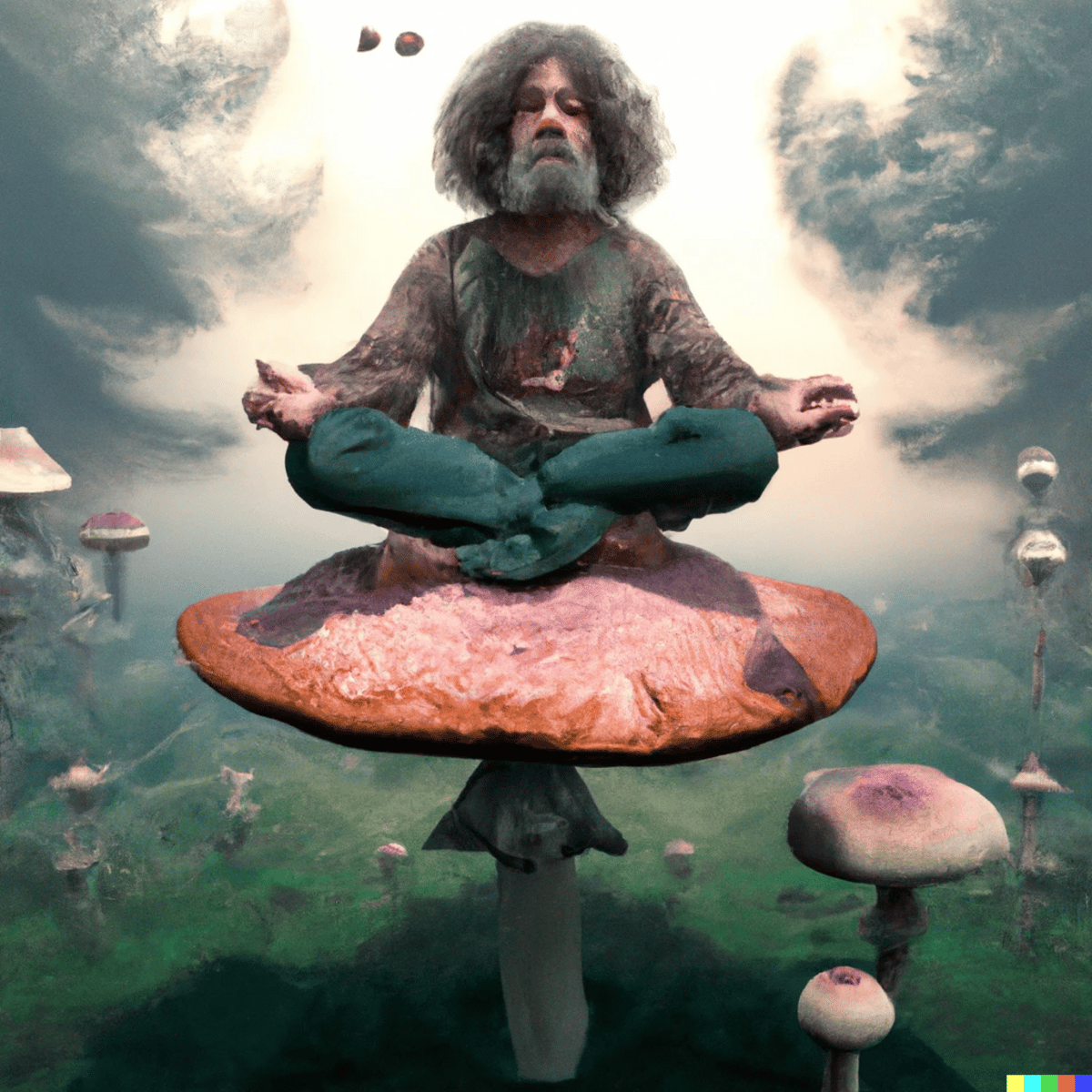Navigating the Inner Cosmos: A Global Odyssey Through The Threads of Meditation
In a fast-paced world where stress and distractions often reign, the pursuit of inner peace, self-discovery, and spiritual growth has led millions of people to explore the profound realm of meditation. This ancient and universal practice has taken root in cultures across the globe, yielding a rich tapestry of techniques and philosophies. From the tranquil gardens of Kyoto to the bustling markets of India, from the austere monasteries of Tibet to the serene retreats of the Western world, meditation has evolved and diversified.
In this article, we embark on a fascinating journey to uncover the origins and essence of various meditation practices. From time-honored traditions rooted in Eastern philosophy to modern adaptations designed for contemporary lives, we will delve into the histories, beliefs, and techniques that underpin these diverse paths to mindfulness. Whether you are a seasoned meditator seeking a deeper understanding of your practice or a curious novice looking for the right path to inner calm, join us as we explore the incredible world of meditation and the profound wisdom it offers from every corner of the globe.
Ram Dass, with his gift of gab, speaks on meditation with a 3 minute example
1. Mindfulness Meditation: The Ancient Art of Presence
Origin: Mindfulness meditation, often associated with Buddhism, has its roots in the ancient teachings of Siddhartha Gautama, the Buddha. It finds its origin in India more than 2,500 years ago. The Buddha's pursuit of enlightenment led to the development of Vipassana, an early form of mindfulness meditation, which encourages non-judgmental awareness of the present moment.
Mindfulness meditation has since spread globally and is renowned for its effectiveness in reducing stress and promoting mental clarity. The practice emphasizes being fully present in each moment, observing thoughts and sensations without attachment.
2. Transcendental Meditation (TM): Unveiling the Inner Self
Origin: Transcendental Meditation, or TM, is a technique that draws from the ancient Vedic traditions of India. It was brought to the West by Maharishi Mahesh Yogi in the mid-20th century. TM involves the use of a personalized mantra, a sacred sound or word, to facilitate a state of transcendent awareness.
This practice aims to help individuals transcend ordinary thought and experience the deeper layers of consciousness. It has gained popularity for its simplicity and reported benefits, including reduced anxiety and enhanced creativity.
3. Zen Meditation (Zazen): The Path to Enlightenment
Origin: Zen Buddhism, with its roots in both Chinese Chan Buddhism and Indian Buddhist teachings, has a rich history dating back to the 7th century. The practice of Zazen, or seated meditation, is central to Zen Buddhism.
Zazen encourages practitioners to sit in stillness and silence, focusing on the breath and observing thoughts without attachment. This ancient technique emphasizes direct experiential insight and is known for its pursuit of enlightenment and the development of inner wisdom.
4. Loving-Kindness Meditation (Metta): Cultivating Compassion
Origin: Loving-Kindness Meditation, also known as Metta, can be traced back to the Theravada Buddhist traditions of ancient India. It is founded on the principles of loving-kindness and compassion towards oneself and others.
Metta meditation encourages the repetition of phrases that send well-wishes and positive intentions to oneself, loved ones, acquaintances, and even to those with whom one may have conflicts. It's an ancient practice designed to open the heart and promote a sense of interconnectedness and goodwill.
5. Chakra Meditation: Balancing Energy Centers
Origin: Chakra meditation has its roots in Hinduism, dating back to ancient India. The practice is based on the concept of chakras, which are energy centers aligned along the spine.
Practitioners of chakra meditation work to balance and harmonize these energy centers, allowing for the free flow of vital energy, or "prana." This practice has become increasingly popular in the Western world for its holistic approach to physical and spiritual well-being.
Timeless Wisdom for Modern Seekers: The Enduring Legacy of Ancient Meditation
Ancient meditation techniques have stood the test of time, offering a wealth of wisdom and practices that continue to enrich the lives of those who seek them. From the mindfulness of the Buddha to the transcendent awareness of TM, the serenity of Zazen, the compassion of Metta, and the energetic balance of chakra meditation, these time-honored methods (many more unmentioned) provide valuable tools for contemporary individuals in their pursuit of peace and self-discovery. As we delve into the origins of these practices, we find not only a glimpse into the past but also timeless guidance for our inner journeys in the present day.

